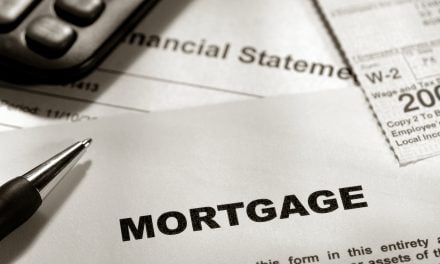In re Sunnyslope Housing Limited Partnership
Facts: A developer builds an affordable housing apartment complex financed by a senior mortgage obtained from a private lender guaranteed by the Department of Housing and Urban Development (HUD) and junior financing provided by the city and the state. The senior mortgage calls for rent-based restrictions requiring the project be used as affordable housing. After completion, the developer defaults on the senior mortgage. While in default, HUD takes over the senior mortgage and sells it to another mortgage holder who then commences foreclosure and negotiates to sell the property at trustee’s sale for a higher price than the property commands with rent-based restrictions in place. Before the sale is completed, the developer enters into bankruptcy and the terms of the mortgage are reorganized to allow the developer to keep the property.
Claim: The developer seeks to negotiate a cram down of the mortgage to the property’s market value claiming the property’s value as an affordable housing project at the time of the foreclosure proceedings is substantially lower than the balance owed on the debt since foreclosure was avoided and the rent-based restrictions remain in place.
Counterclaim: The mortgage holder seeks to reorganize the terms of the mortgage based on the total debt owed on the mortgage claiming the property’s value is higher than the balance owed since the rent-based restrictions were extinguished upon HUD’s sale of the mortgage and the repayment of the entire debt cannot be denied due to bankruptcy.
Holding: A United States court of appeals holds the mortgage holder is entitled to the full balance owed on the debt since the affordable housing restrictions were extinguished on HUD’s sale of the mortgage and the mortgage holder’s secured value in the property cannot be substantially reduced due to their inability to foreclose in bankruptcy proceedings. [In re Sunnyslope Housing Limited Partnership (April 8, 2016) __F3d__]


















